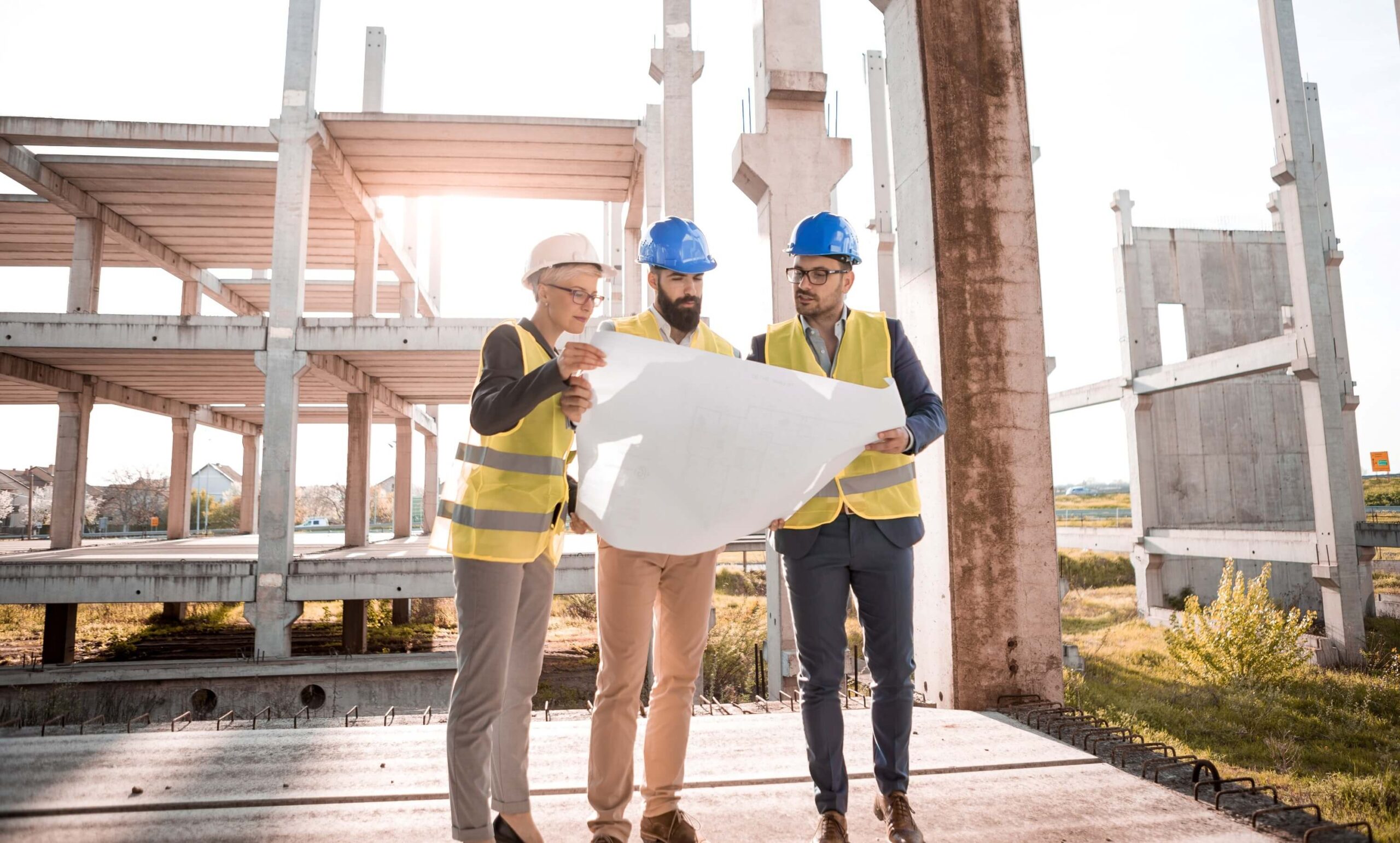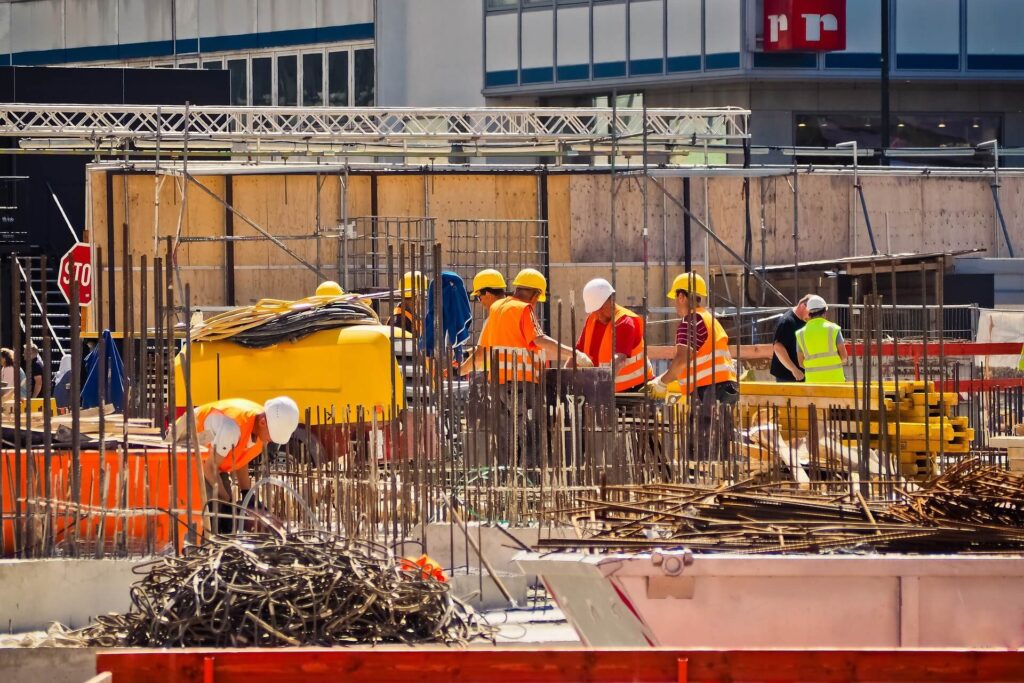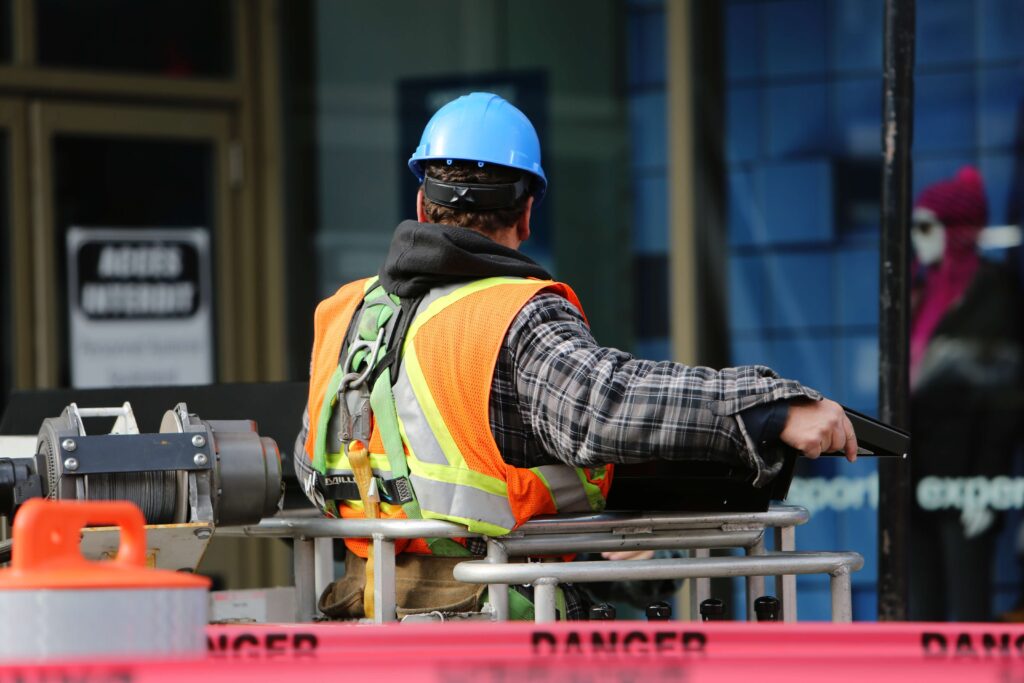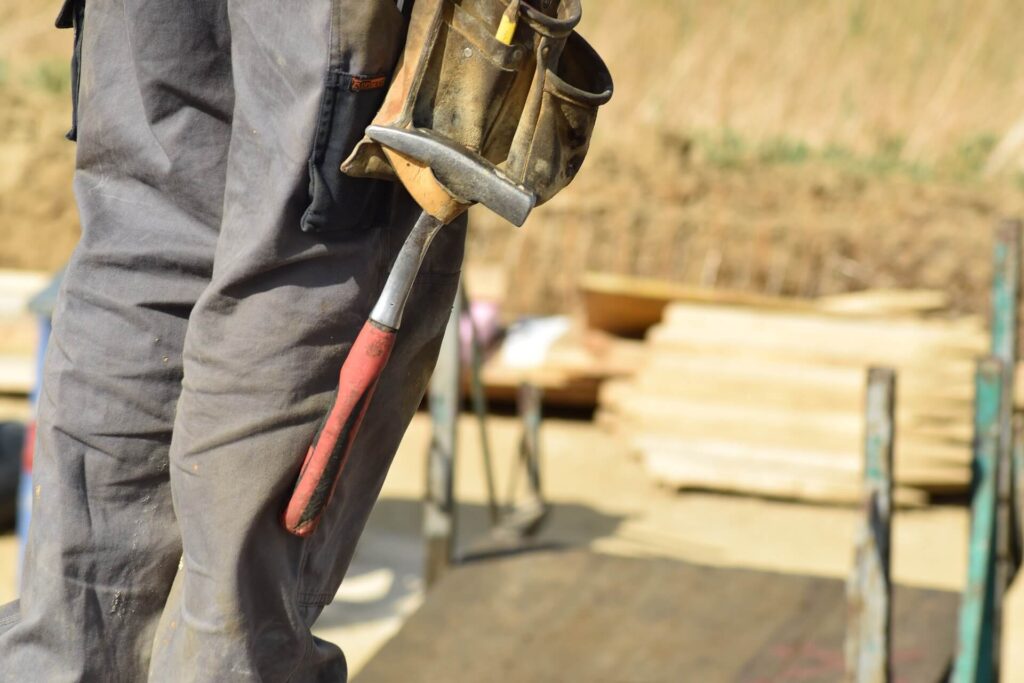
You're right if you think HR is different for the construction industry and everything else you usually associate HR with. The first thing you think of when you hear HR is some corporation or business. But the truth is, wherever you have people, you require HR. Construction employs and manages many people, so the demand is obviously there.
When it comes to construction, HR has to be focused the most on worker safety. That means everyone working has the proper training and know-how to do the job right. Another big part is compliance. Mainly if you are operating internationally, you must keep up with all the codes and certifications that a country will require.
In this article, we will focus on why HR is vital in construction, the importance of HR in construction projects, and what we can do to improve it.
Why is HR in Construction Important?
One of the most competitive fields out of many industries is the construction industry. And with today's workforce being more open to switching companies keeping them takes work. In one of our previous texts, we already covered employee appreciation ideas, but to put it simply, HR has to focus on your company's work relationships. It would be best if you were competitive and the best way to do it is to be an excellent company to work for every day.

When you figure out labour, the next important thing HR has to do is figure out how you will utilize the labour force and where it needs to go. Then, HR can easily assign workers from one project to another wherever required using the right software.
Last but certainly not least is safety and regulation concern. Even if we ignore that workplace accidents can cost a company an arm and a leg (no pun intended), the actual cost is reputation.
Speaking of a company's reputation, apart from safety, the biggest concern for labourers is their compensation. It would be best if you had an excellent way to track attendance so that employees will be fairly compensated, especially when working a job that pays by the hour.
The Importance of HR in Construction Projects
A big part of HR in construction projects is finding new skilled labourers. Germany, for example, is experiencing its worse shortage of skilled labourers in decades. Some estimates put the number of 49,7% of companies with a labour shortage in July of 2022. And recruiting, especially for millennials and gen z, can be difficult. Recruiting top-level engineers and project managers can be a tough job. Poaching employees from competitors isn't unheard of either.
If your HR needs to train your workers correctly and when everything isn't up to code, the long-term cost can be things like more problematic recruitment and or even bankruptcy. The construction industry is highly regulated, and there is a good reason for it to be that way. Hiring local HR agencies might be a good idea if you are a multinational corporation, as they are more familiar with local rules and regulations.
How can we improve HR in construction?
Implement safety plans into your existing training policies. For example, when going through the onboarding process, have an automatic process set up for every new hire. This will help lower injury-related accidents among new hires.

One of the most significant ways we can improve hr in construction is by using data to our advantage. This has been out of reach until recently when companies started using more advanced HR software that calculates and predicts worker behaviour. Companies are increasingly adopting construction-specific software tools, and more than 53% of construction companies have implemented software-based management tools in the last few years.
When you are a data-driven company, you can figure out what your next project will be, and you will honour your deadlines more accurately. This will ultimately benefit your bottom line and your ability to expand.
Another way we can improve HR in construction is better communicating with unions. Unions are a great way of harnessing the power of the workforce for better pay and safety conditions. As most construction workers are unionized, it would be of more significant benefit to our HR not to look at them as the enemy. When you look at things from a worker's perspective, you will gain the necessary insight to be a great negotiator. And having the union behind your projects can be a powerful thing.
In Conclusion

The role HR has to play in the construction industry can be a vast one. Whenever you need to navigate people or bureaucracy, there's always room for HR to make things easier for your company and your employees. HR also helps your company build relationships and can help in a major way in securing the workforce necessary to complete any project you might have in the pipeline.
